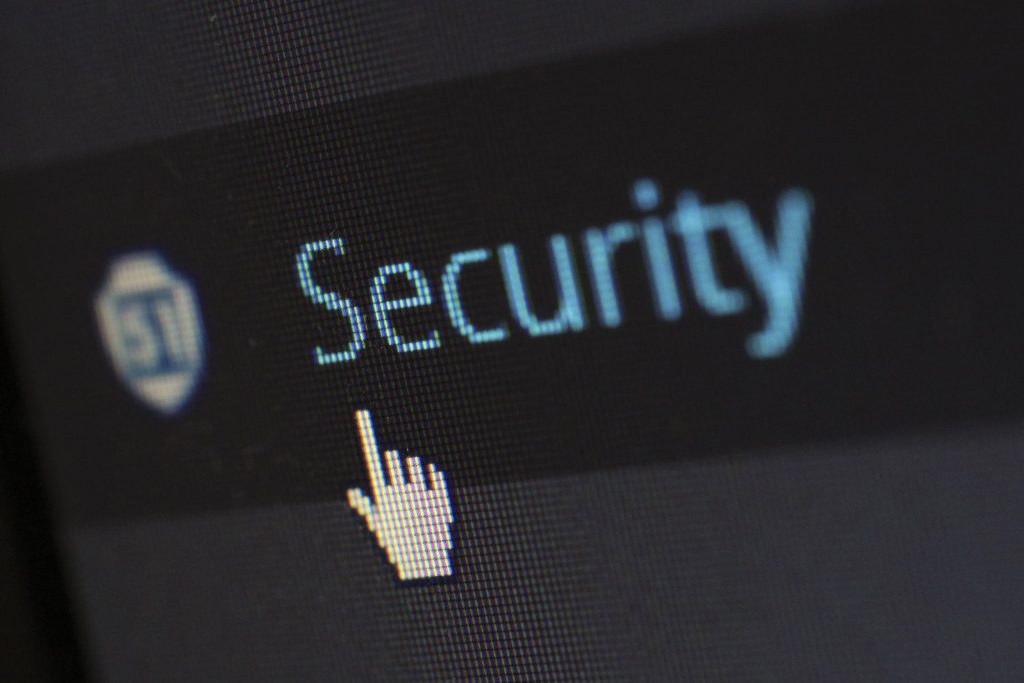Whether your company is big or small, it can fall victim to cybercrimes—and no matter the type of cyber attack, the consequences are big.
You faced these risks in an office setting, but COVID-19 has exacerbated the potential of an attack as your employees work from home on their own individual and potentially unprotected networks.
What is Cybercrime?
Cybercrime can take many forms but the biggest threats to your business include:
Malware: this malicious software can corrupt files, hold your data hostage or even give an attacker full access and control of your systems and data (sometimes without you even knowing). At its core, malware is the channel by which hackers access your systems and data.
Phishing Scams: emails that ask the recipient to click on a malicious link or enter their personal information, often accompanied by an urgent or threatening message. They may also appear to be from a reputable source or brand on the surface.
Ransomware: criminals can steal your company’s data, including client data and employee data and hold it ransom. This type of extortion can stop your company’s operations completely if you don’t have a current backup, damage your reputation publicly and cause a privacy breach revealing personal data. To understand the different types of cyberattacks and how to prevent them, keep reading.

What is Cyberliabilty?
You are likely familiar with general liability coverage on your business, which protects your business if you’re found legally liable for injuries or damages on your property or caused by your services or products.
Cyber liability coverage is similar but protects your business digitally. If you conduct any business online—emails, website, eCommerce, database, etc—your business is open to cybercrime.
If, for instance, your company data were to be hacked and criminals gained access to your payroll accounts with banking and social insurance numbers, you would be at risk of an expensive and time-consuming lawsuit. Or if your employee’s physical phone were to be stolen it could give a hacker direct access to your client’s confidential information.
But what if a criminal held all of your company data hostage and you didn’t have a backup? If you couldn’t afford the ransom, your operations would halt, which could also stop all income.
Can you afford the risk?
If the answer is “no,” contact us to learn how you can protect your business with cyber liability insurance.
How Costen Can Help
It is important to note that Cyber liability is not covered under a regular Commercial General Liability (CGL) policy. However, many of our insurance company partners have launched a Cyber Endorsement that will assist in protecting you, in the event of a cybercrime involving a privacy breach or cyber liability claim
It can be easily added to an existing business policy mid-term or on renewal

What to Consider When Buying Cyber Liability Insurance
(Provided by the Insurance Bureau of Canada)
- How many records containing personal information does your organization retain or have access to?
- How many records containing sensitive commercial information does your organization retain or have access to?
- What security controls can you put into place that will reduce the premium?
- Do all portable media and computing devices need to be encrypted?
- What about unencrypted media in the care, custody or control of your third-party service providers?
- Could you make a claim if you were not able to detect an intrusion until several months or years had elapsed?
The Cyber Liability Endorsement typically provides first-party coverage in the event of a privacy breach, including the loss, theft or unauthorized access to or use of personal customer information.
In addition, some of our insurers also offer pre- and post-breach services to help minimize the occurrence of a privacy breach and to provide expert assistance in the event of a breach.
What Coverage Includes
Several of our insurer partners have released enhanced privacy breach coverage, including the following:
- Expenses for mandatory reporting requirements resulting from Canadian and global legislation
- Cloud storage and smartphone coverage can be included
- Business interruption expenses resulting from a cyber extortion incident
- 60-day coverage for business interruption, with a 24-hour waiting period
- Data recovery expenses
- Third-party liability coverage for your customers’ legal expenses and legally obligated compensation to others as a result of a civil proceeding
Contact us today to speak with one of our knowledgeable commercial insurance brokers on how cyber liability insurance can benefit you and your business!


